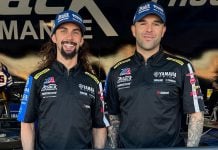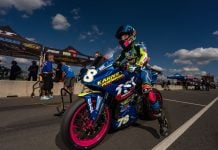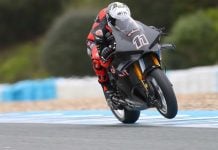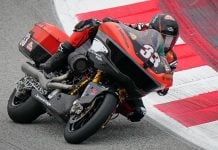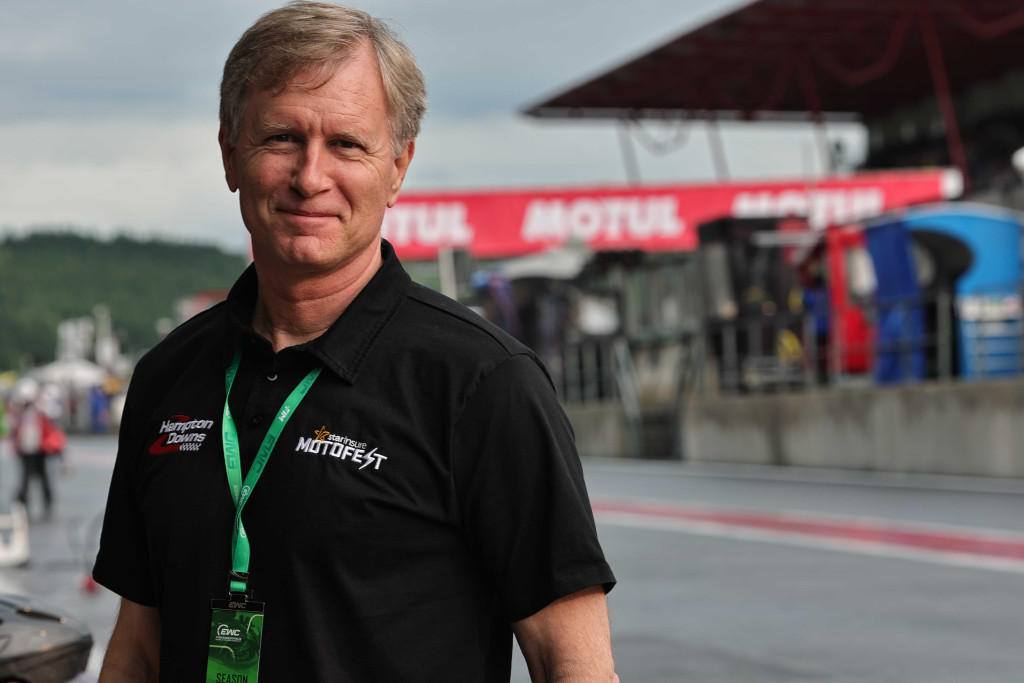Endurance World Championship (WEC): Take Five with Doug Toland
In 1993 American Doug Toland won the FIM Endurance World Championship with victory in the 24 Heures de Liège – the forerunner to the 8 Hours of Spa Motos – key to his EWC title success 32 years ago.
The now-62-year-old Toland returned to Circuit de Spa-Francorchamps to watch Michael Gilbert, an emerging talent from his homeland, competing for Maco Racing in Belgium’s round of the EWC. He took time out to answer five key questions.
Q: You’ve won the FIM Endurance World Championship before and you’ve won at Spa before but how significant is the track to you and how have things changed?
A: “It showcases, to me, the true meaning of endurance racing. And this year’s race was a really good example, just short of a little bit of darkness. It’s still man or woman and machinery on the track. The concept is still exactly the same as it was before. The biggest difference for me is just the electronics on the motorcycles. I mean, more power, technology, tyres, suspension, chassis development, everything else but the electronics on the motorcycle, it’s more of that. My first laps around Spa were at night in the rain. The night was fine, the rain was fine, so you just put the two together. I’d done a few 24 hours back home as well, so it was nothing.”
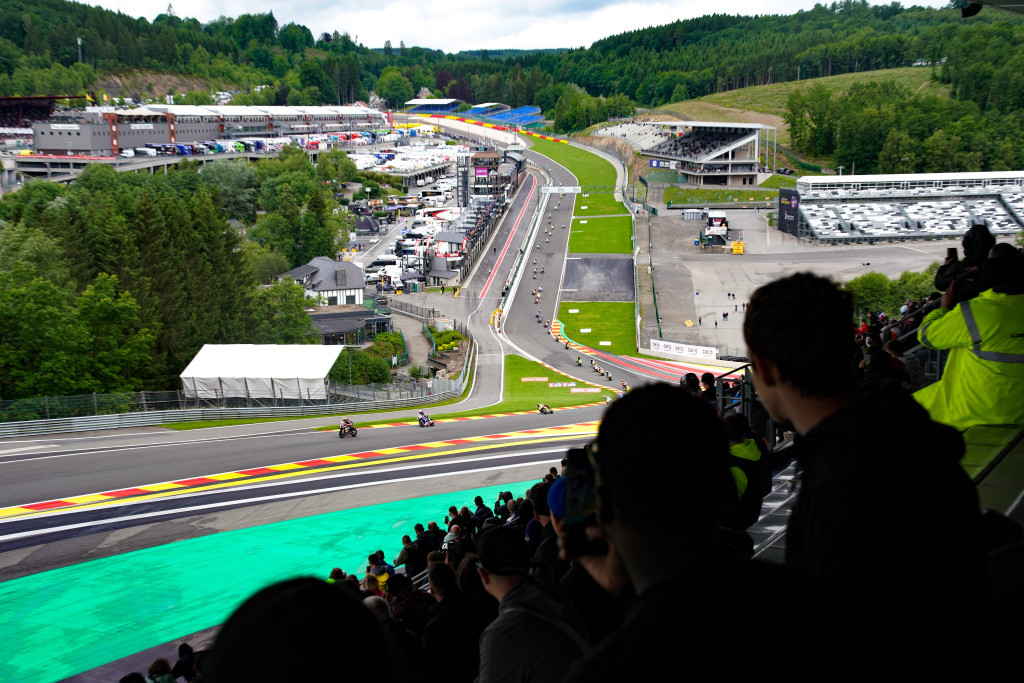
Q: What’s it like for riders from America to come over to Europe to race? Is it very different, does it feel a lot further from home?
A: “It’s definitely more of a challenge, 12 hours, 13 hours from home. But the reward that you get for coming over here… I felt it, Michael felt it. I talked to him before I came over here and just got some of his feedback. And he was utterly blown away and shocked at the level of, everything I’ve heard, the enthusiasm, the culture and energy, the racing, the track itself, the machine preparation, the size of the teams. He was completely blown away by it. Which, you know, just got him so excited.”
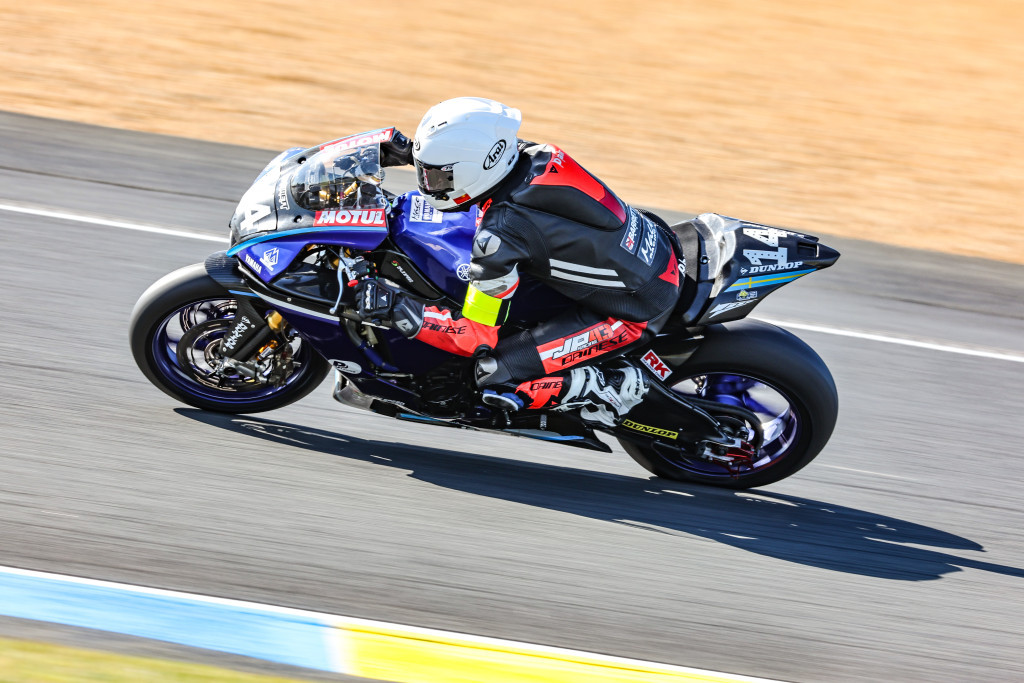
Q: Is it true the EWC was never something you dreamed about? Yet you became world champion just a few years later?
A: “Coming to Europe wasn’t even a dream, wasn’t even on the radar at all. But one thing led to another. A buddy of mine in Canada, Didier Constant, knew the French teams. And he got me to come over and the rest is history. I was confident, and I thought I rode pretty good. Unfortunately, I crashed in probably the 21st hour of the race in fourth place. And I thought, ‘I’m done.’ But they invited me back and back and back and back and there we go. To be first American to win an Endurance World Championship race or be on the winning team, Phase One, with Simon Buckmaster and Steve Manley… And then to go on and win the world championship and be the first American to win, just unbelievable. You never know what will come true but dreams come true. But the team was lethally focused on what they were doing back then, and it was great to win these races. It’s not just the riders, it’s the team, it’s the pitstops, it’s getting the bike in the pits and out of the pits because you can win or lose in the pits.”
Q: How difficult was racing back then? More of a challenge than it is now?
A: “I spent a lot of time training, working with physios at universities and everything back in the day. I trained really hard so I just prepared for it. We went to Suzuka once. It was Alex Vieira and I, and we were hanging out at Suzuka and some of the World Superbike guys were getting I.V. drips back then, and they were red in the face, but we just trained for the long races. If you like riding, I think it’s a mind over matter thing. But at night, when you have a lot going on… the smoke coming across the back straight at Paul Ricard, where you can’t even see the track and you count ‘one, two, three, brake!’ kind of thing. Even dating it back further, before I came over, I talked to Dave Aldana about Spa. He said through Blanchimont once it was foggy and couldn’t see and he just counted, ‘one, two, three go’. And he turned too early! But he just picked up the bike and got it back to the pits and got it fixed.”
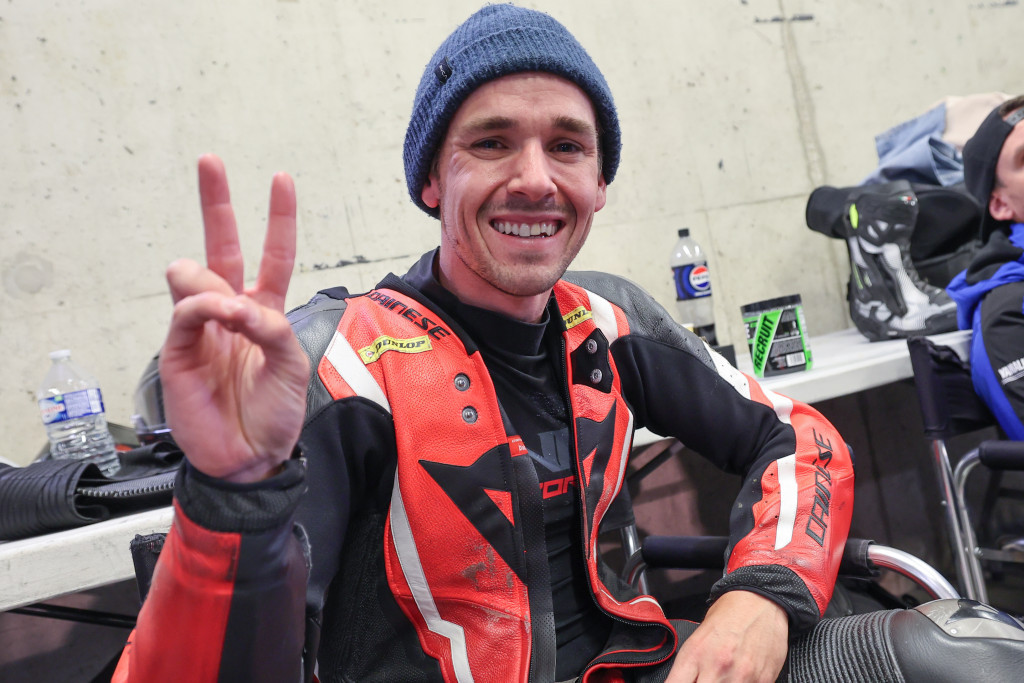
Q: Michael Gilbert is currently flying the stars and stripes in the EWC this season. How are you helping him?
A: “We’re just trying to help him out if we can. He’s really enjoying the EWC just like I was. Probably even more. They’re pushing, they’re trying. A lot of stuff goes on. A lot of moving pieces but Michael’s invited me to come to Bol d’Or, and, as long as Michael is going I’d like to be there to support him.”
The 46th Coca-Cola Suzuka 8 Hours Endurance Race is next on the EWC schedule from 1-3 August. Meanwhile, extended highlights of the 8 Hours of Spa Motos are available:
https://youtu.be/OJJoXpxlV_A?si=CuvHP230mVVSUBmO
ABOUT WARNER BROS. DISCOVERY SPORTS
Warner Bros. Discovery (WBD) Sports Europe represents WBD’s portfolio of sports brands, channels, and platforms in Europe. It collectively engages 130 million people every month, reaching fans and broad audiences in more than 200 markets and in 20 languages across all platforms where consumers are spending time: free-to-air TV, pay-TV, streaming, online and social. WBD Sports Europe includes the much-loved consumer brands Eurosport and TNT Sports in the UK and Ireland, as well sports programming and content on WBD’s free-to-air TV networks and streaming on Max* and discovery+. They connect audiences with the greatest sporting events in the world. This includes being the Home of the Olympics Games in Europe; tennis’ Grand Slams; cycling’s Grand Tours, more than 1,000 live cycling broadcasts per year, the WHOOP UCI Mountain Bike World Series; the PGA TOUR year-round in some markets; The Ocean Race; the Snooker World Tour; the ABB FIA Formula E World Championship; the FIM Endurance World Championship, the FIM Speedway GP, Speedway of Nations and Speedway World Cup; every major winter sports World Championship and World Cup event. WBD Sports Europe completes a full 360° offer with its Events management and promotion division, which oversees 35+ events across four global championships each year and has achieved the ISO20121 certification for sustainability of event management practices.
ABOUT THE FIM
The FIM (Fédération Internationale de Motocyclisme) founded in 1904, is the governing body for motorcycle sport and the global advocate for motorcycling. The FIM is an independent association formed by 121 National Federations throughout the world. It is recognised as the sole competent authority in motorcycle sport by the International Olympic Committee (IOC). Among its 50 FIM World Championships the main events are MotoGP, Superbike, Endurance, Motocross, Supercross, Trial, Enduro, Cross-Country Rallies and Speedway. Furthermore, the FIM is also active and involved in the following areas: public affairs, road safety, touring and protection of the environment. The FIM was the first international sports federation to impose an Environmental Code in 1994.


